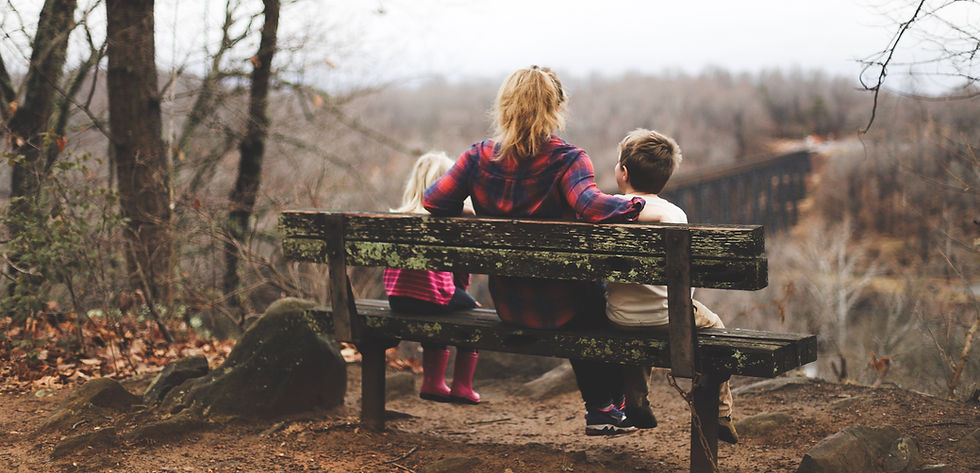Bullying occurring toward your child? To avoid feeling helpless, try these things instead:
- Surviving Introvert

- Oct 10, 2022
- 3 min read

We don't pay bullying the attention it deserves despite the fact that it is among the most prevalent risk factors for mental health issues in youngsters. But it can have a profound effect on a youngster. Are you confused regarding what to do if your child is bullied, though?
Recognizing indicators will be the first possible option to do. Sometimes low self-esteem and a lack of self-assurance can be expressed by a child along with wrath and guilt.
They may experience feelings of rage, guilt, and powerlessness, which can lead to low self-esteem and confidence. In reality, when your normally upbeat and content youngster starts to display signs of impatience, weeping spells, withdrawing, or experiencing temper tantrums in response to minor stimuli. According to Mimansa Singh Tanwar, clinical psychologist and director of the Fortis School Mental Health Program and Fortis National Mental Health Program, these are some of the warning signs that your child may be experiencing bullying episodes.
Most kids find it challenging to talk openly about bullying or to express their experiences to a teacher or their parents. This may be a result of a genuine or perceived power imbalance. It can also be because they are unsure of how to manage or prevent this unwelcome aggressive conduct because it is coming from a buddy or a group of buddies. When they try and fail, it can lead to overwhelming emotions of powerlessness and a bullying cycle.
The expert also emphasizes how a lack of support and action from parents and teachers can have a number of negative repercussions on kids. Academic performance may suffer, there may be problems focusing, there may be problems adjusting to others, there may be absences, or there may be disruptive activities. A child might even grow up with mental health issues like anxiety and depression that will have a significant long-term impact on their lives.

What can parents do to support their child who is being bullied?
If you as a parent can spot the indications of abuse or bullying. Here are a few options available to you.

1. Consult your child.
Ask your child directly about their peer interactions and any possible bullying they may have experienced if you notice any symptoms that they are not acting like themselves or being their normal selves. Recognize that there are various forms of bullying. It may also be verbal, emotional, or physical. Additionally, bullying usually entails much more than a playful tease.

2. Maintain composure as you listen to them.
Keep your composure as they begin to talk. As a parent, it is common to have similar feelings of rage, hopelessness, and worry. But as a first reaction, hold off on saying those. Give them room to talk while offering your support and comfort.

3. Give them emotional intelligence tools.
Give your youngster the assertiveness skills they'll need to deal with the situations. Work on scripts with them for various responses they might have to them. You may provide your child the tools they need to cope with bullying by using humor to defuse tense situations, engaging in role plays in a variety of settings, and modeling appropriate body language.

4. Maintain open lines of communication.
Keep the lines of contact open and periodically check in to determine how they're doing. To increase their confidence and self-esteem, assist them in identifying their strengths.

5. Inform the school about it.
Bullying should be reported to the administration and necessary measures should be taken to stop it if it persists and gets worse. When required, support your child's counseling to help them come to terms with the emotional effects and develop coping mechanisms.

What schools can do to address bullying?
The expert says that schools should concentrate on creating a positive, secure environment through anti-bullying awareness and education. Conversations, activities, and events should promote discussion of the psychological effects of bullying and the creation of a supportive environment inside a school.
It is important to promote and reinforce supportive services as a spectator role, as well as reacting with compassion and understanding as part of the culture and well-being of the school. Have a mechanism in place where documented cases are handled delicately and where assistance is given to both the child being harassed and the child doing the bullying.



Comments